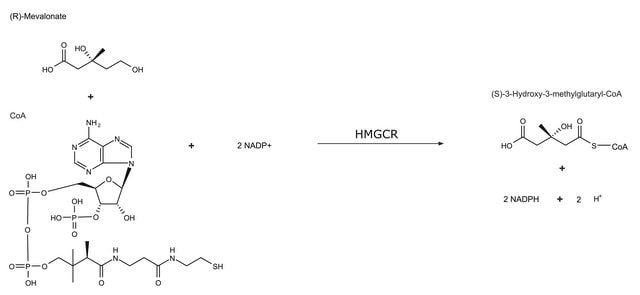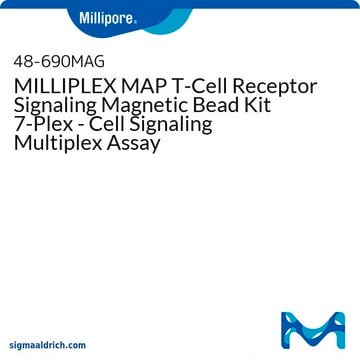ABS2108
Anti-HMG-Lysine
from rabbit
Sinónimos:
3-hydroxy-3-methyl-glutary-Lysine
About This Item
Productos recomendados
biological source
rabbit
antibody form
affinity isolated antibody
antibody product type
primary antibodies
clone
polyclonal
species reactivity (predicted by homology)
all
packaging
antibody small pack of 25 μL
technique(s)
western blot: suitable
isotype
IgG
target post-translational modification
unmodified
General description
Specificity
Immunogen
Application
Signaling
Western Blotting Analysis: A 1:500 dilution from a representative lot detected HMG-Lysine in HMG-BSA conjugate (Courtesy of Dr Kristin Anderson from Duke University).
Quality
Western Blotting Analysis: A 1:500 dilution of this antibody detected HMG-Lysine in HMG-Lysine-BSA conjugate.
Target description
Physical form
Storage and Stability
Other Notes
Disclaimer
¿No encuentra el producto adecuado?
Pruebe nuestro Herramienta de selección de productos.
Certificados de análisis (COA)
Busque Certificados de análisis (COA) introduciendo el número de lote del producto. Los números de lote se encuentran en la etiqueta del producto después de las palabras «Lot» o «Batch»
¿Ya tiene este producto?
Encuentre la documentación para los productos que ha comprado recientemente en la Biblioteca de documentos.
Nuestro equipo de científicos tiene experiencia en todas las áreas de investigación: Ciencias de la vida, Ciencia de los materiales, Síntesis química, Cromatografía, Analítica y muchas otras.
Póngase en contacto con el Servicio técnico






